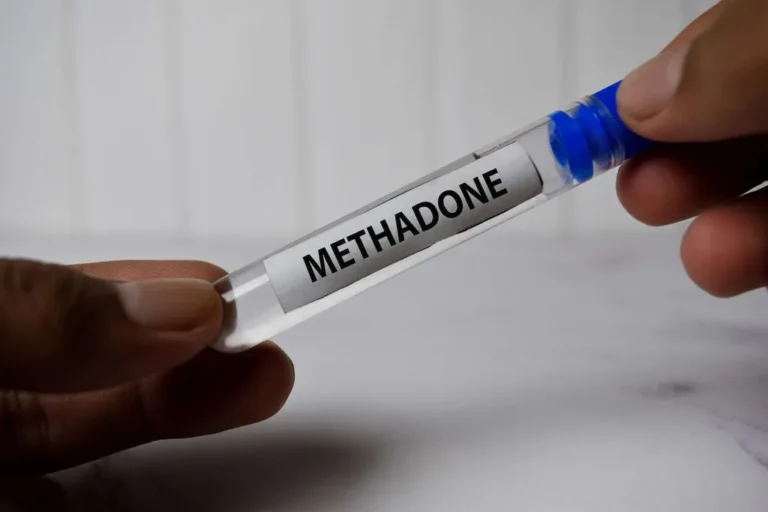
Nausea and vomiting are common, with severe abdominal cramping and retching occurring soon after drinking. Additionally, individuals with alcohol intolerance may experience a rapid heartbeat, nasal stuffiness, and congestion. Dilated blood vessels can cause inflammation and swelling in the nasal passages. In some people, drinking alcohol may also trigger an allergic reaction, which can cause sneezing and other symptoms.
Headaches or Migraines
- When this blood-brain barrier isn’t protected as it should be, the brain is more susceptible to headache-inducing triggers.
- Benadryl (diphenhydramine), a commonly used antihistamine, should be avoided due to its sedative effects, which can increase drowsiness and impair cognitive functions when combined with alcohol.
- These symptoms can also make the nasal passage more sensitive, leading to sneezing.
- As the exact cause of alcohol-induced sneezing is not fully understood, there is no foolproof way to prevent it.
- Beer also contains histamines which could cause a reaction in some people, including sneezing and stuffy nose after drinking.
The content provided is for education, communication and information purposes only and is not intended to replace or constitute medical advice or treatments. Consuming alcohol in large amounts (alcohol toxicity), can have negative effects on the liver, stomach, brain and mental functioning. Consuming alcohol can cause other effects such as fluttering of the heart (palpitations), feeling hot, headaches, gut discomfort or a drop in blood pressure. The reason for these effects is usually due to high blood acetaldehyde levels. Facial flushing is not always caused by alcohol and can be caused by other things like low blood sugar, menopause, skin conditions or taking certain medicines. However, if you have a serious reaction or severe pain, see your doctor.
Ways To Stop Drinking Alcohol
- Thermo Fisher Scientific is not responsible or liable for the content or services of cvs.com/minuteclinic.
- Some people will get anxiety and agitation when they drink due to the drug-like activity of alcohol.
- This leads to allergy symptoms like a runny nose, stuffy sinuses, and sneezing.
- It is not uncommon for people to experience sneezing fits after drinking beer.
The human body constantly produces small amounts of alcohol, so it is unknown why some people have allergic reactions when they consume alcohol. The third type of headache caused by sneezing after drinking alcohol alcohol is a “Delayed Alcohol-Induced Headache” (“DAIH”). These headaches usually occur hours after a patient has stopped drinking, as their blood alcohol level returns to zero. While the cause of DAIH is unknown, researchers believe they are related to a drop in a neurotransmitter called serotonin, which regulates the body’s central pain control. When serotonin levels drop, pain signals are dysregulated, and people are more likely to experience painful conditions like headaches. Unfortunately, nothing can prevent reactions to alcohol or ingredients in alcoholic beverages.
How Alcohol Affects Symptoms

It appears to be a unique reaction experienced by individuals based on their own sensitivities. While there are no specific home remedies for alcohol-induced sneezing, individuals may find relief by using saline nasal sprays or performing nasal irrigation to soothe nasal passages. Paying attention to which beverages cause symptoms can help people manage their alcohol intolerance. Just as grapes can become wine, table fruit that becomes too ripe might contain enough alcohol to cause a reaction in someone with an alcohol allergy. In recent times, sulfur dioxide and sulfites have drug addiction been considered allergens, and concerns about their safety as food additives have increased. Sulfites can cause a range of dermatological, pulmonary, gastrointestinal, and cardiovascular symptoms.
To avoid adverse reactions, sensitive individuals should reduce their exposure to sulfites. If drinking from a glass makes you sneeze, try drinking through a straw instead. This will help reduce your nose’s contact with the drink and make it less likely to trigger a sneeze. Mixed drinks containing any of the ingredients mentioned earlier are also likely to cause sneezing. If you’re allergic to any of the ingredients in a mixed drink, you may want to avoid it.

Can the sneezing reaction worsen over time?
- Applying a cold compress to your nose will help to soothe the mucous membranes in your nose and reduce inflammation.
- People with a beer allergy will likely experience symptoms similar to other allergic reactions, such as abdominal pain, bloating, and chest tightness.
- This reaction will happen whatever alcohol you consume, whether it is drunk or added to main courses or puddings.
- The human body constantly produces small amounts of alcohol, so it is unknown why some people have allergic reactions when they consume alcohol.
- First, some people have lower levels of the enzymes the body needs to break alcohol (ethanol) into metabolites that it can process and excrete.
These allergies or sensitivities can cause a range of symptoms, including sneezing, wheezing, hives, nausea, vomiting, diarrhea, abdominal pain, and in rare cases, even anaphylaxis. Additionally, people with alcohol intolerance, a genetic condition affecting the body’s ability to break down alcohol, may experience sneezing and nasal congestion after drinking beer. This is due to the accumulation of byproducts that trigger a mild allergic reaction.

Allergy to Specific Ingredients

When you drink alcohol, it’s absorbed into your bloodstream and quickly travels to your brain. The good news is, simple wine sneezes are nothing to be concerned about if the symptoms are mild. You will have the option to discuss your results with an independent physician at no extra cost. Allergy Insider is committed to providing accurate, evidence-based information to empower allergy patients and support healthcare providers.

When you take a sip of alcohol, your body triggers a reaction in which your blood vessels widen and blood flow increases. As a result, the nerve endings in your nasal passages become more sensitive. This increased sensitivity can lead to a sneeze reflex being triggered, causing you to sneeze. Having an allergy to alcohol itself is very rare, but it is fairly common for people who have other allergies or asthma to see an increase in their symptoms when they drink alcoholic beverages.
